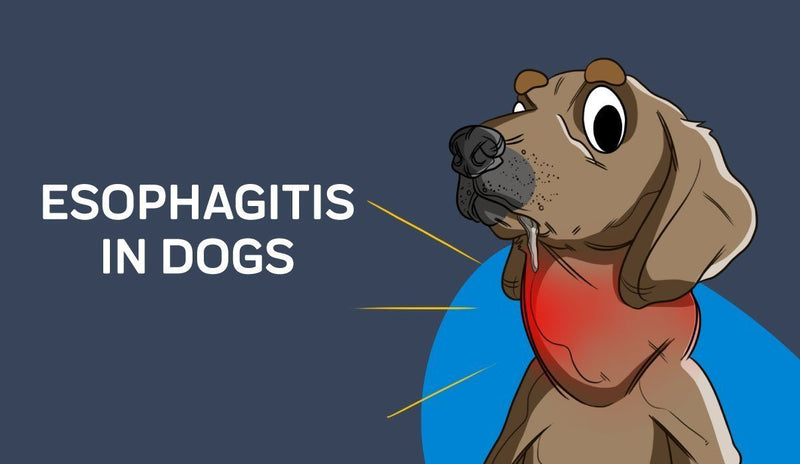Lymphoma in Dogs

Lymphoma in dogs is a widespread cancer of lymphocytes. Most of the 15% and 20% of malignant tumors in dogs are treated as lymphomas. Lymphomas can arise in the lymph nodes, spleen, liver, and other organs. Cancer can be aggressive and if left untreated, can result in a high mortality. Treatment with chemotherapy has been very successful, adding months and sometimes years to the dog's life. Lymphoma in dogs is diagnosed with a mixture of medical tests. Blood exams, needle aspirates of the tumor, biopsies, x-rays, and ultrasound are all used to verify the analysis and the location of the lymphoma. The precise tests required will depend upon on the placement of the tumor. A whole blood count number, chemistry panel, and urinalysis also are indicated.
Why do dogs develop lymphoma?
While we recognize how lymphomas form, we are unsure of why. In cats, there seems to be a robust link between a few types of lymphoma and contamination with the feline leukemia virus, however, in dogs, this sort of link isn't obvious. A few authors have hinted at a probable genetic correlation, but additional research needs to be conducted to decide the exact hazard factors involved in dog lymphoma. The dogs that have a suppressed immune system appear to have an increased chance of development of lymphoma.
What are the symptoms of lymphoma?
The symptoms of lymphoma are associated with the location of the tumor. Tumors that appear in the lymph nodes frequently are seen as swellings without distinctive symptoms. When the lymphoma is present in the gastrointestinal tract vomiting, diarrhea, weight reduction, and lack of appetite are generally seen. The mediastinal (chest) location of lymphoma frequently presents with shortness of breath and muffled coronary heart sounds. The cutaneous (pores and skin) lymphoma can be present in several areas which encompass single or multiple lumps in the pores and skin, or mouth. The stages are:
Stage I: Single lymph node involved
Stage II: Multiple lymph nodes in the same region involved
Stage III: Multiple lymph nodes in multiple regions involved
Stage IV: Liver and/or spleen involved (may or may not have lymph node involvement)
Stage V: Bone marrow or blood involvement and/or another organ besides liver, spleen and lymph nodes involved
What is the treatment for lymphoma in dogs?
The treatment for lymphoma is chemotherapy. It is considered a systemic ailment, which makes surgical operation and radiation treatment impractical and ineffective. There is an extensive series of chemotherapy protocols and pills to deal with lymphoma. The treatment generally consists of a combination of oral tablets and injections given on a weekly basis. Commonly used treatment tablets consist of cyclophosphamide, vincristine, doxorubicin, and prednisone. The exact treatment protocol will vary depending on the veterinarian. The University of Wisconsin protocol is one of the more famous ones utilized by veterinary oncologists. Even as most veterinarians can administer the treatment protocols, owners of a canine with lymphoma may also need to seek out a consult with a veterinary oncologist to inform themselves of any new treatment suggestions.
















